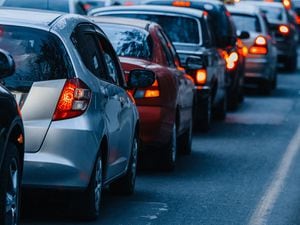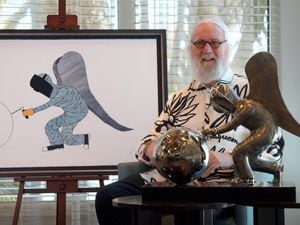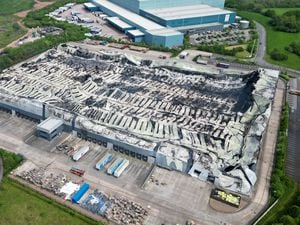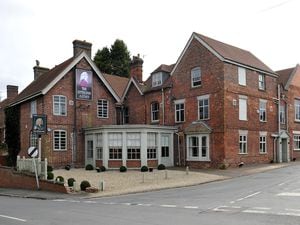Dunblane massacre: How atrocity paved way for tougher gun laws
The legacy of the tragedy that unfolded in Dunblane two decades ago is gun legislation that is often described as some of the toughest in the world.

Thomas Hamilton's actions provoked a wave of outrage that resulted in a ban on handguns being passed less than a year and a half later.
The school shootings happened nine years after the 1987 Hungerford massacre, in which Michael Robert Ryan killed 16 people in a shooting spree in Berkshire.
Despite changes to the law after that atrocity, Hamilton was able to walk into Dunblane Primary School with four handguns and more than 700 rounds of ammunition that he legally owned.
Revulsion at his actions resulted in nearly 23,000 firearms and 700,000 rounds of ammunition being handed in during a national amnesty in the months that followed.
Amid the devastation, two campaigns for greater gun control emerged alongside media clamour for tougher action.
The Snowdrop Petition, set up by a group of parents from the area around Dunblane, swiftly garnered more than 700,000 signatures backing a ban on the private ownership of handguns.
The petition, handed to Parliament, was named after the only flowers in bloom on March 13 when the 16 children and their teacher were gunned down.
A second group, which included parents of victims of the Hungerford and Dunblane massacres, evolved to become the Gun Control Network, which continues to campaign for tighter controls on guns of all kinds.
Adding to the pressure was the Cullen Inquiry, which reported in October 1996 with a series of recommendations for tighter controls on handgun ownership.
Two months later a version of the Bob Dylan hit Knockin' On Heaven's Door, featuring children from Dunblane singing the lyrics 'put all these guns in the ground', reached number one in the singles charts.
With a general election swiftly approaching, the Conservative government under John Major decided to go considerably further than the Cullen recommendations.
The Firearms (Amendment) Act 1997 was introduced early that year, banning handguns greater than .22 calibre.
When Tony Blair swept to power in May, Labour introduced the Firearms (Amendment) (No. 2) Act 1997, which banned the private possession of almost all handguns regardless of calibre.





